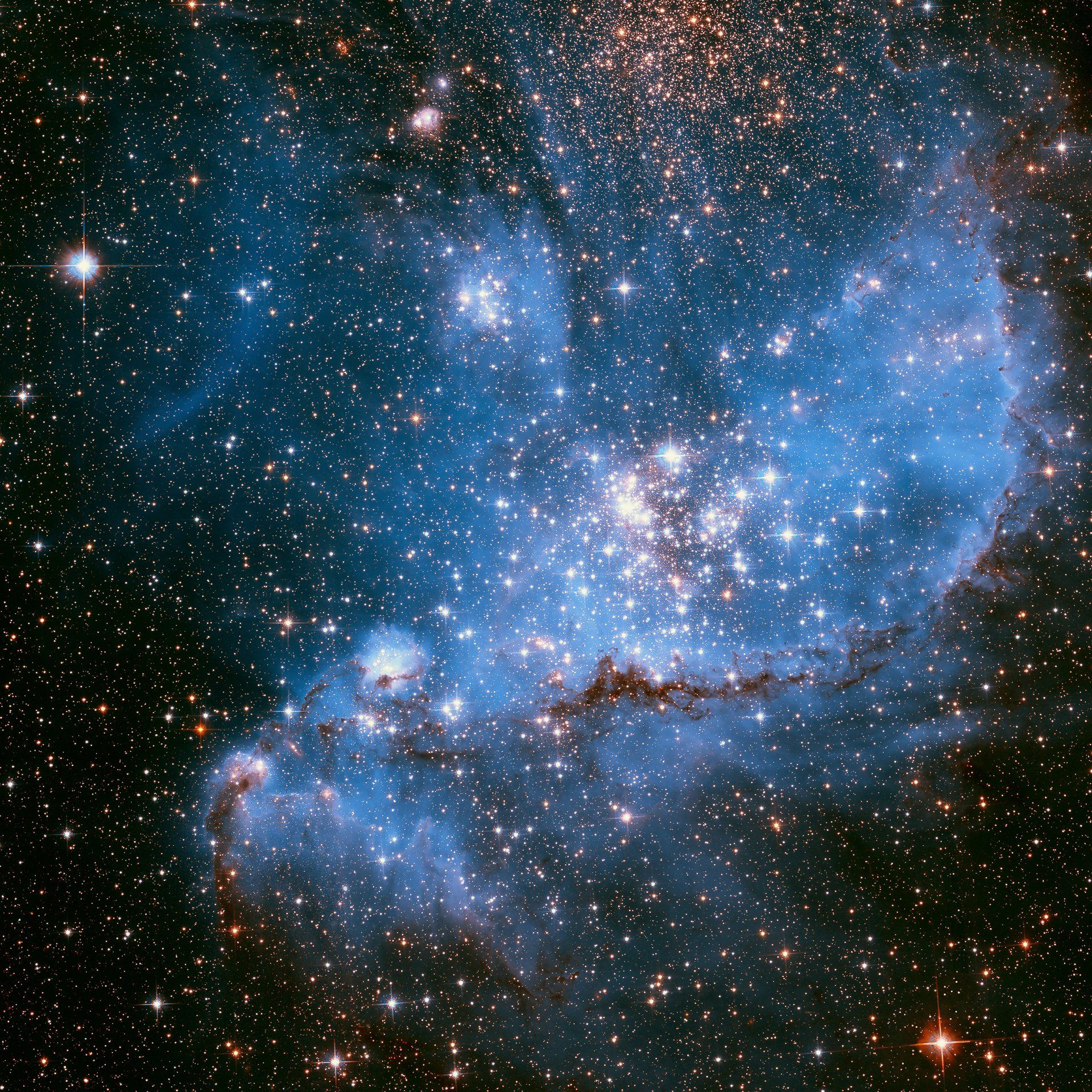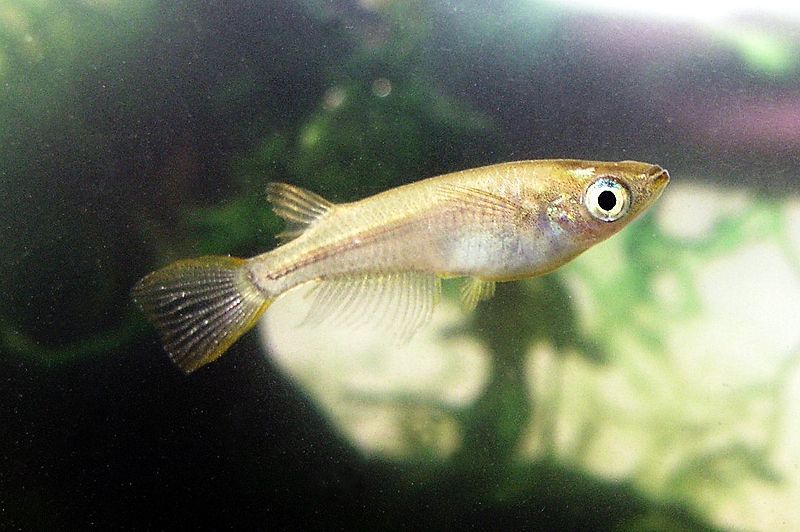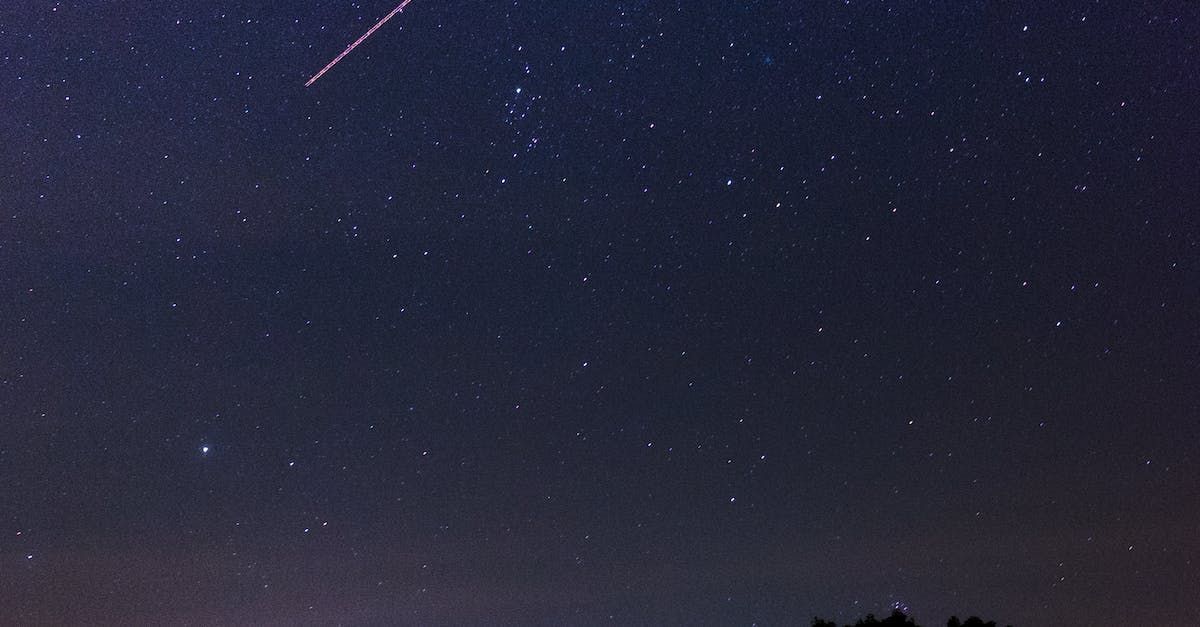How Do Astronauts Shower In Space?
How Astronauts Shower In Space
Most of us on Earth tend to take showers, baths, and swimming for granted. The refreshing sensation of water from a shower or jumping into a pool on a hot day is a unique experience. Gravity is the force responsible for making these experiences possible by pushing water off our backs and into the drain.
However, everything changes in space. The absence of gravity causes water and soapsuds to stick to everything, making it difficult to shower.
So, the question arises, how do astronauts bathe in space? Its evolved a lot since the first space mission.
Early Space Missions - Gemini And Apollo Missions.
During the Gemini and Apollo missions, NASA opted for a simple solution: a sponge bath. Astronauts would clean themselves using a towel, soap, and a small amount of water. Unlike later missions, there was no water conservation method in place. As a result, astronauts were limited in the amount of water they could use to clean themselves. This meant that upon returning to Earth, they would not smell as fresh as they would have liked.
Jennifer Levasseur, a curator in the Museum's Space History Department, stated, "The astronauts had been in their suits so long without changing their clothes so that the scent lingered the entire time. It was a slap in the face to those who greeted them upon their return because the scent was so strong."
Showering on the Skylab
To make Skylab, the United States' first space station, feel more like a home away from home, NASA included a toilet, exercise area, and shower. Despite the challenge of adding equipment in such a confined space, designers managed to make it happen.
Astronauts on Skylab took showers using a cumbersome tube-like contraption. To prevent themselves from floating away, they secured their feet in foot restraints at the base of the shower. They then attached a pressurized portable bottle of water to the ceiling, which connected to a hose and showerhead.
After pulling up a fireproof, cylinder-shaped shower wall from the floor and attaching it to the ceiling, the astronauts were ready to shower. They would lather liquid soap all over their bodies and spray water through the push-button showerhead. To avoid damage to the electronics and instruments on the space station, they had to suction up suds and water into a collection bin, as wayward water could pose a hazard.
NASA strictly rationed water and liquid soap on Skylab, with each astronaut given about six pints of water per shower, according to a New York Times article. On average, a shower on Skylab took over two hours from start to finish.
While some astronauts found the process inconvenient, others appreciated the sense of comfort and normalcy it provided in space. Paul Weitz, the first astronaut to use the shower, reported, "It took a fair amount longer to use than you might expect, but you came out smelling good."

Showering on the ISS and space shuttle
On the Space Shuttle and International Space Station (ISS), astronauts use a "traditional" approach to bathing in space. Unlike Skylab, they do not shower but rather use liquid soap, water, and rinseless shampoo. Astronauts squeeze liquid soap and water from pouches onto their skin and use rinseless shampoo with a little water to wash their hair. They then use towels to wipe off excess water, which is quickly evaporated by an airflow system nearby.
Water conservation is crucial in space, and the ISS is no exception. All water sources, including crew members' breath moisture and urine, are recycled using a filter to ensure that not a single drop is wasted.
According to Levasseur, the decision to have astronauts sponge bathe is not only simpler but also more cost-effective. If a solution already works, it makes sense to use it instead of spending more money, taking up more space, and adding weight.
Levasseur also mentioned that many astronauts initially notice a distinct smell on the ISS. "It has that lived-in smell," she explained.
Showering in space - is it bearable?
Human innovation has allowed us to reach space and also efficiently conserve water on the ISS, but is it tolerable? Mike Hopkins, an astronaut stationed on the ISS from September 2013 to March 2014, shared with The Atlantic that he missed taking showers while exercising in space. He explained that sweat clings to the body, forming pools of sweat on the head, arms, and around the eyes, and occasionally globules of sweat go flying off.
Other astronauts also miss water while in space. When they return to Earth, many find rainstorms comforting because they were deprived of water in space. Scott Kelly, after spending a year in space, jumped into a swimming pool fully clothed upon his return to Earth.
According to Levasseur, it provides them with an immediate sense of gravity, which they lack on the space station.
What about you? Would you be able to go without showering for several months to experience living and working in space?
© Copyright 2021 Space-facts.co.uk
View our other facts sites: www.animal-facts.co.uk










